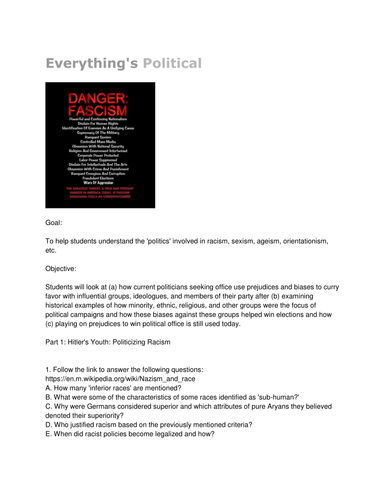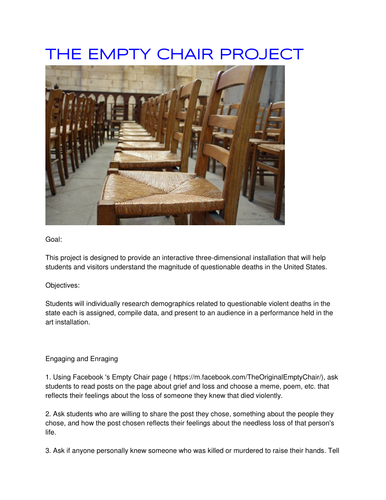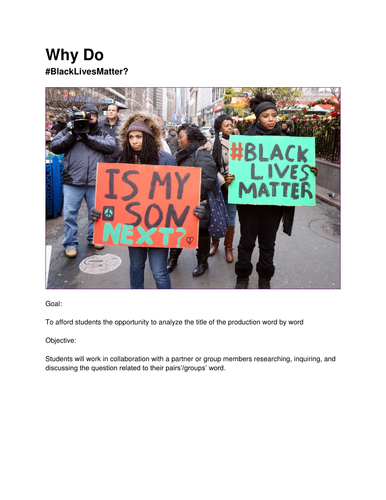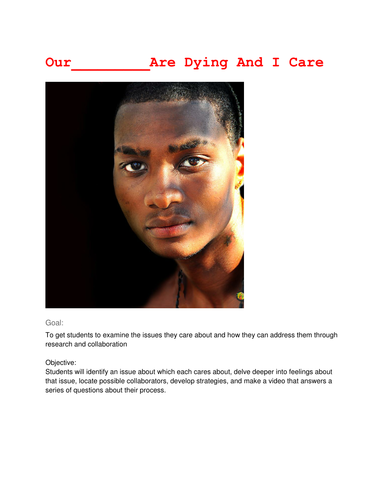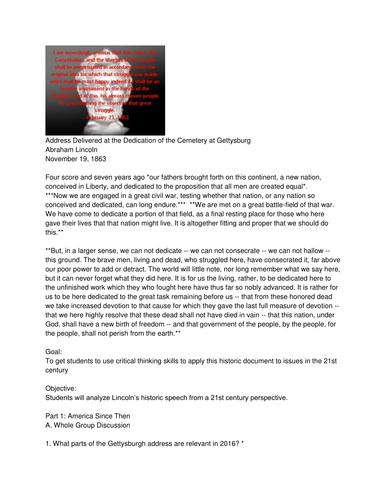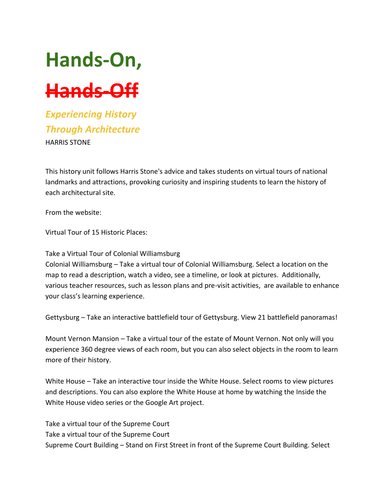GC's Beh. Mod.($200 in Philly; now $250! $500 if I present!)
CBAA (Chapman Behavior Analysis and Assessment) I am a retired full-time staff manager, a part-time newspaper reporter with degrees in English and Education, as well as Special Education Early Intervention. I am presently providing training for the numerous behavioral staff in training which I provide as a certified behavior instructor in Ohio. I recently created a module for teacher and support staff that is showing a great deal of interest in large numbers.






